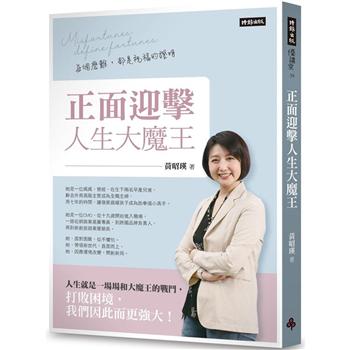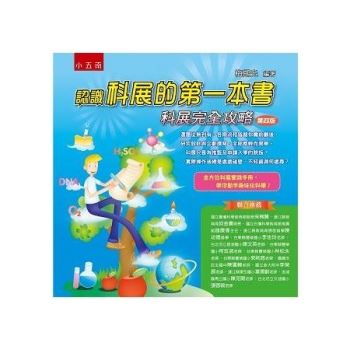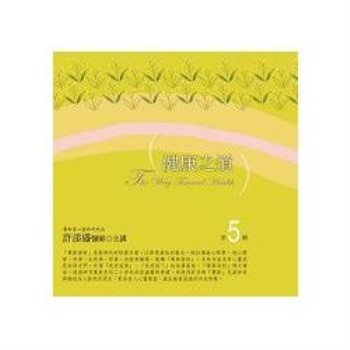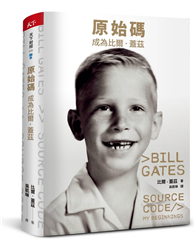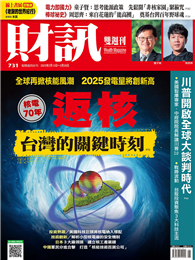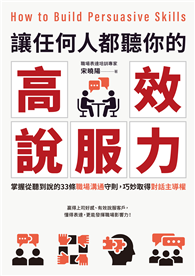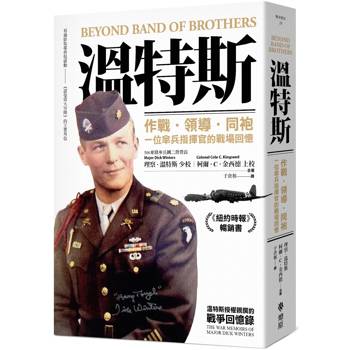| FindBook |
有 2 項符合
中國─過去和現在(國際英文版)的圖書 |
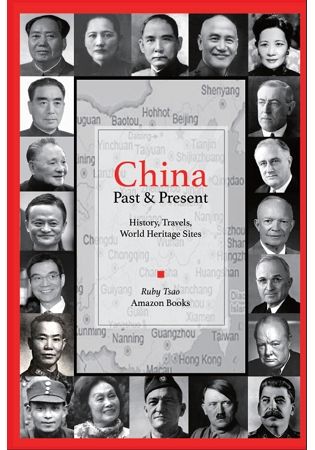 |
中國─過去和現在(國際英文版) 作者:羅碧英 出版社:漢世紀數位文化EHGBooks 出版日期:2019-01-03 規格:22.9cm*15.2cm (高/寬) / 平裝 / 299頁 |
| 圖書館借閱 |
| 國家圖書館 | 全國圖書書目資訊網 | 國立公共資訊圖書館 | 電子書服務平台 | MetaCat 跨館整合查詢 |
| 臺北市立圖書館 | 新北市立圖書館 | 基隆市公共圖書館 | 桃園市立圖書館 | 新竹縣公共圖書館 |
| 苗栗縣立圖書館 | 臺中市立圖書館 | 彰化縣公共圖書館 | 南投縣文化局 | 雲林縣公共圖書館 |
| 嘉義縣圖書館 | 臺南市立圖書館 | 高雄市立圖書館 | 屏東縣公共圖書館 | 宜蘭縣公共圖書館 |
| 花蓮縣文化局 | 臺東縣文化處 |
|
|
- 圖書簡介
China is increasingly important on the world scene yet has remained misunderstood in the West. This book is written for English language readers, including my ABC (American Born Chinese) children for understanding of China, its history and culture and as a guide to travels in China with a list of UNESCO World Heritage sites.
Chinese culture is a culture of peace. In history, China had beenn at the receiving end of aggression, especially from Japan. Neither Chinese Nationalists or Communists sought war reparations from Japan for loss of life and property damages. Since the end of WWII, China has pursued a good neighbor policy with Japan. Never-ending tit-for-tat hostility is counter-productive to nurture long-lasting peace. To learn from history, we must not forget. To forget is to risk repeating history.
To give English language readers a basic understanding of China, an introductory guide and an outline of history provide some background information of China and its relations with the outside world.
Shortly after visiting the Flying Tiger Museum in Chongqing, I heard the news of Anna Chennault’s passing in March 2018, 60 years after General Chennault’s death in 1958. To refresh the memory of the war-time hero and the Flying Tigers he led, I dedicated a special section to tell the story of Claire Chennault and the Flying Tigers who made a great contribution in the war with Japan.
My father was a general in Republic of China Nationalist army during the war. I have included my family experiences in the war following war movements in Hubei, Hunan, Chongqing, Guangzhou and Taiwan. These places have undergone tremendous changes in the last 40 years. I am impressed with the transformation from war-torn China. China is rich in history, culture and natural beauty. As a happy ending for this book, I have included reports of my visits to China in recent years to share with readers. A list of 53 UNESCO World Heritage sites is provided.
To help readers in the pronunciation of Chinese names and places, a guide to Chinese pinyin used in Microsoft Word is provided. Some uncommon names in Chinese are included for clarification. I thank my husband, Professor George Tsao, for his help to place photos in the text and my daughter, Helen Tsao, for the design of the book.
The purpose of this book is not to perpetuate grievances, but to learn from history. Japanese people are peace-loving just like people all over the world. They were only being loyal to Emperor Hirohito who had the ambition to conquer Asia. The current emperor Akihito has time and again expressed deep remorse over the war. We must separate peace-loving Japanese from the right-wing extremists. We have learned from history that peace-loving people were often led to the warpath by megalomaniacs with grandiose ambition to dominate the world.
In recent years, China and Japan have largely maintained a cooperative relationship and friendly people to people exchanges. Strong Confucian ethics and the participation of Taiwan, Korea will form an economic block for win-win development of Asia.
In other parts of the world, 100 years after WWI and 73 years after WWII, there are still war activities, unrests, terrorists, refugees, poverty–much man-made suffering. Now that we have entered the nuclear age, we pledge to learn from history so that we don’t stumble into WWIII. It was estimated that 25 million people died in WWI, more than 60 million died in WWII including 20 million in China and additional 10 million elsewhere in Asia, in even bigger world scale of war. It was estimated 80 to 100 million Chinese refugees fled from the war zones. We are the lucky ones to have survived the war. To honor the memory of all who perished in war, we must learn from history for peace, so they shall not have died in vain. Forgive, but never forget! - 作者簡介
Ruby Tsao, Chinese American scholar and member of Chinese American Forum (美華論壇), NTUEG (National Taiwan University Early Graduates). 羅碧英主編,旅美華裔學者,也是知名的美華論壇成員,旅美台大早期校友會會員,長期關注中美文化、經濟、學術等研究。
- 目次
TABLE OF CONTENTS
GUIDE TO CHINESE PINYIN (PRONUNCIATION)
PREFACE
1.INTRODUCTORY GUIDE
2. OUTLINE OF CHINESE HISTORY
3. CONFUCIUS AND CONFUCIANISM
4. ESSENCE OF CHINESE CULTURE
5. CONTACTS WITH THE OUTSIDE WORLD
6. SUN YAT-SEN
7. WOMEN IN CHINA
8. HISTORY OF WAR
• OPIUM WARS
• WWI
• WWII
• WAR IN CHINA: 1931―1945
• CHINA’S CONTRIBUTIONS IN WWII
• CHINA’S ACHIEVEMENTS IN WWII
9. CLAIRE CHENNAULT AND THE FLYING TIGERS
10. US-CHINA RELATIONS: WAR OR PEACE
11. FIRST HAND EXPERIENCES OF WAR
12. CHINA TODAY-TRAVELS IN CHINA
• CAPITAL CLUSTER―Beijing, Tianjin, Hebei
• NORTHEAST PROVINCES―Liaoning, Jilin, Heilongjiang
• CONFUCIANISM AND BUDDHISM―Shandong and Shanxi
• YANGTZE RIVER DELTA―Shanghai, Jiangsu, Zhejiang
• CRADLE OF CIVILIZATION―Shaanxi, Henan
• HUANGSHAN AND LUSHAN―Anhui, Jiangxi
• LAND OF FISH AND RICE―Hubei, Hunan
• YANGTZE RIVER CRUISE, THREE GORGES DAM
• GATEWAY TO THE WEST―Chongqing, Sichuan
• SAND AND SALT―Gansu, Qinghai
• SHANGRI-LA―Yunnan, Guizhou
• AUTONOMOUS REGIONS―Inner Mongolia, Xinjiang, Tibet, Ningxia, Guangxi
• OVERSEAS CONNECTIONS―Guangdong, Fujian, Hainan
• PEARL RIVER BAY AREA―Hong Kong, Macao, Shenzhen, Zhuhai
• TAIWAN
13. UNESCO WORLD HERITAGE SITES IN CHINA
14. ADDENDUM: PHOTOS ON COVER
|
